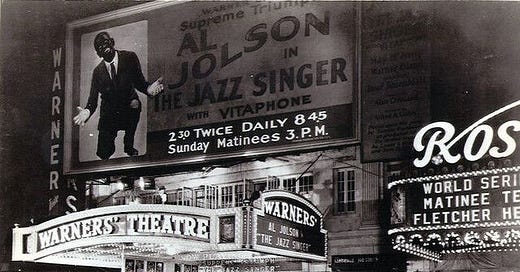people are so ignorant
how power thrives on illusion, history rewards the manipulative, and the ignorant mistake their chains for choices
ignorance is not an accident. it is a current, deep and relentless, pulling civilizations toward the same inevitable mistakes. people do not resist it; they let it carry them, convinced that floating is the same as moving forward. history is filled with these drifts, with empires that mistook excess for permanence, and rulers who believed power was an inheritance rather than a force to be seized and defended. democracy, monarchy, dictatorship, republic—the names change, but the structure remains unchanged. power pools at the top and the masses convince themselves that participation means control.
people believe they have a say in their governments. they cast their votes, argue over policies, and watch the speeches of men in suits who do not know their names. but what they fail to see is that politics is not a battle of ideas—it is a stage, and the actors are always chosen by the ones who own the theater. the world has always been ruled by oligarchs, by those who understand that power is not about ruling directly, but about shaping the conditions that make people govern themselves in predictable ways.
rome fell, not in a moment of crisis, but in the slow erosion of its institutions. the senate, once a place of debate and governance, became a marketplace where power was auctioned off to the highest bidder. emperors rose and fell, but the real rulers were the ones behind them—the ones who controlled the grain, the roads, the soldiers who enforced the laws. today, the tools are different, but the method remains. lobbyists write policies, corporations dictate economies, and elections are elaborate performances designed to make people feel engaged while ensuring that no real change threatens those who profit from stagnation.
human nature conspires with those in power. people do not want freedom. they want security, routine, and the comfort of believing that someone else is in control. the human brain is wired for shortcuts, for patterns, for narratives that simplify a complex world. this is why propaganda works, why politicians speak in slogans such as “make america great again” instead of solutions, why people cling to familiar ideologies even when they have failed. the more chaotic the world becomes, the more they crave authority—someone to tell them that everything will be fine, that the enemy is someone else, and that they are the heroes of a story that was never theirs to write.
history does not repeat itself, but it rhymes with a cruel predictability. the names in textbooks change, the borders shift, but the mechanics of power remain constant. those who own the wealth write the rules. those who control the narrative shape reality. the greatest trick the ruling class ever pulled was making people believe that participation is the same as influence.
ignorance is not about lacking information. it is about refusing to question the structures that keep you comfortable. it is easier to believe that the world is fair, that hard work is rewarded, that politicians are flawed but ultimately working for the people. it is easier to accept the illusion than to admit that you are a spectator in a game rigged long before you arrived. and so, the cycle continues. people argue over their favorite candidates as if choosing a different actor will change the script. they debate policies that were never meant to be implemented. they consume, react, forget, and repeat, while those in power remain untouched.
nothing changes because people do not want change. they want the feeling of engagement without the burden of responsibility. they want to believe that history moves toward justice, that progress is inevitable, that the world corrects itself. but history does not move. it is carried, and more often than not, it is carried by those who understand that ignorance is not just useful—it is necessary.




